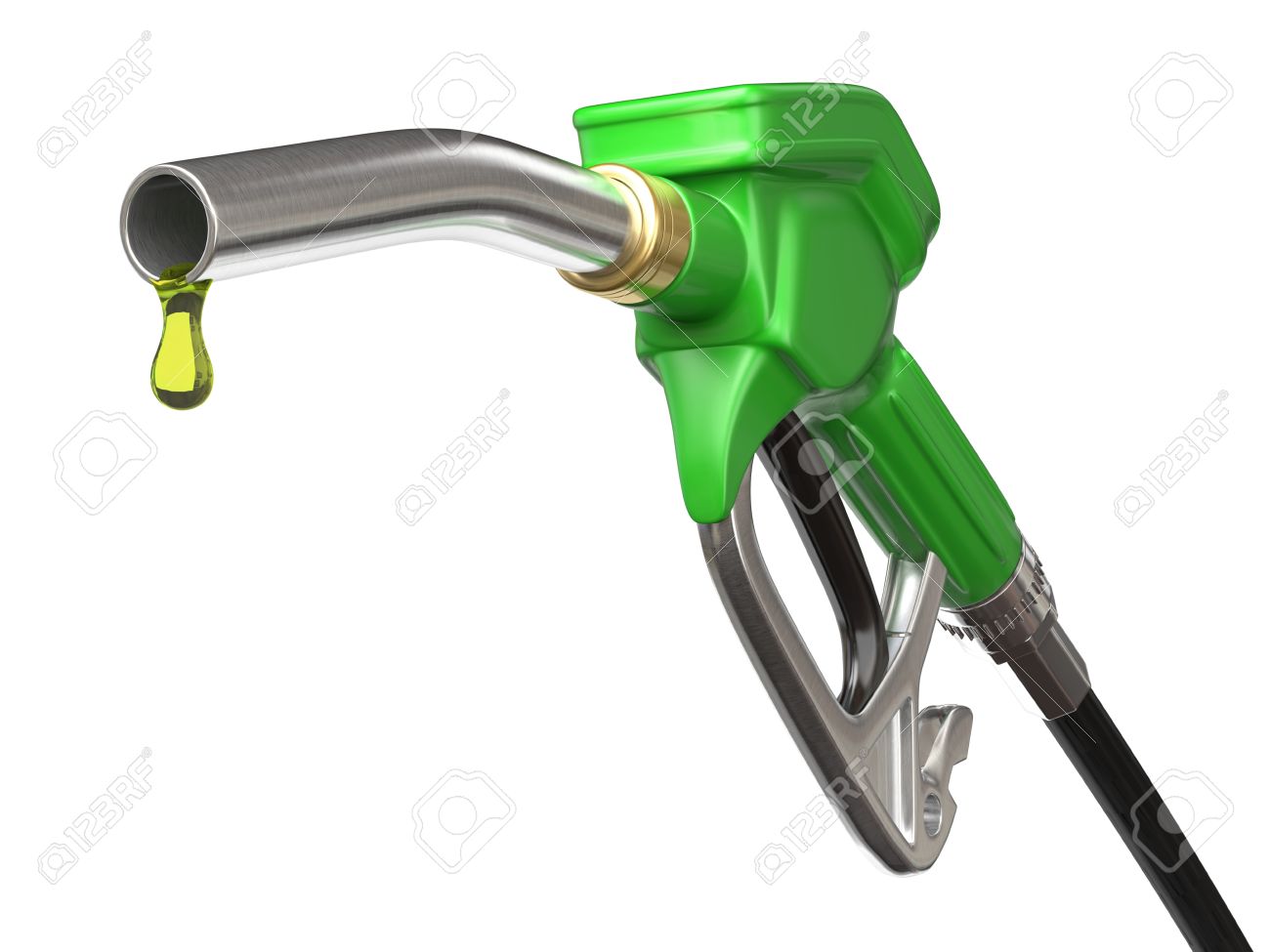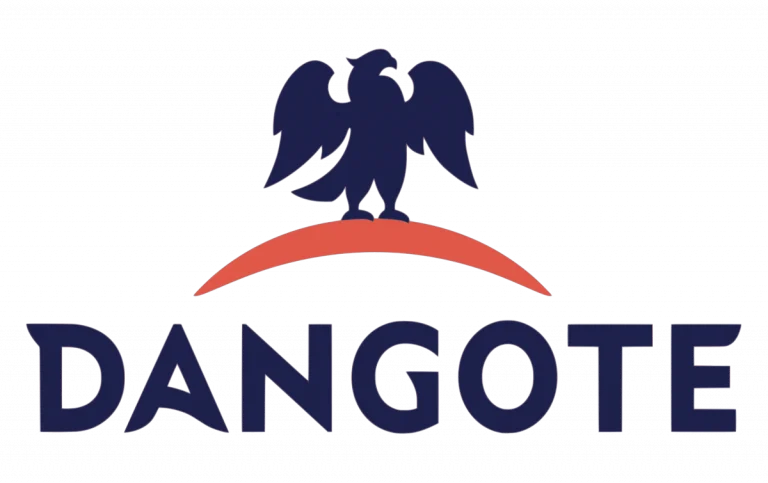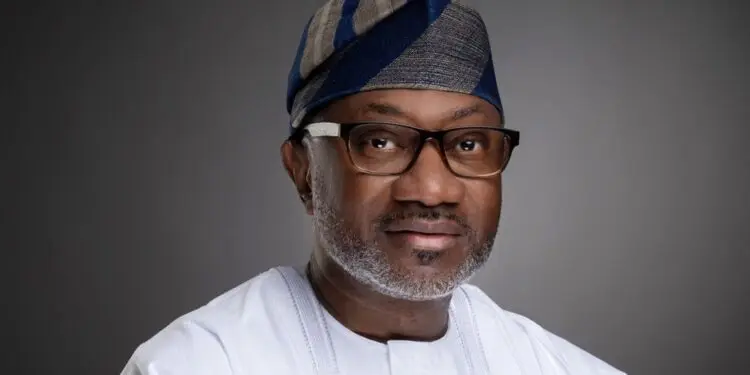Business
Subsidy: Nigerians Indict NNPC, Accuse Successive Govts Of Complicity

… Want Warri, Port Harcourt, Kaduna Refineries Fixed
By Joseph Ebi Kanjo, Benin
Nigerians have called on the Federal Government to be more decisive with the issue of subsidy for petroleum products in the overall interest of the masses.
Participants at a weekly discussion programme of the African Media Hangout, a platform made up of a group of diverse media professionals made the call weekend.
Discussants at the weekly programme included Professor Tony Afejuku of the University of Benin, Benin City; Pa Patrick Omhonriawho; a Publisher, Oray Osawe, and a retired News Agency Nigeria Editor, Mr. Celsius Ohain, among others.
In his contribution, Prof Tony Afejuku of the University of Benin identified Nigeria’s major problem as that of leadership, which according to him is the cause of the “subsidy woes.”
READ ALSO: NNPC Can’t Justify N6.34tn Petrol Subsidy – Customs
While calling on journalists to carry out their watch dog role by doing more investigation in the mystery behind fuel subsidy in Nigeria, Prof. Afejuku urged citizens to protest against fuel problem (scarcity) which he said has become a source of trauma, pains to Nigerians.
He said: “Nigeria has only one huge problem. What is this huge problem? The huge problem of leadership. It is the cause of our subsidy woes. With or without subsidy Nigeria will be the progressive country we want it to be if we have the right leadership; if our political leaders are political leaders and not political rulers.”
Another contributor with the username Mr Oyo said fuel subsidy is not the problem but “issue of greed and pursuit of wanton wealth at the expense of Nigerians by the country’s petroleum company, the NNPC and its management.”
Questioning Why the NNPC should be the sole importer of fuel since Nigeria fails to refine her crude, Mr. Oyo said: “Until Nigeria refines her crude locally, the solution lies in deregulation of the market so that importers can set up an independent monitoring body.”
On his part, ORay Osawe, Publisher, Navigator Newspapers, also accused the NNPC of defrauding the nation’s treasury with the payment of subsidy.
He added that since successful governments have failed to stop the payment of subsidy, it means the government itself is complicit in the fraud.
He asserted: “The NNPC has feasted on the governments’ magnanimity and is defrauding the Nigerian people in the subsidy payment.
“The problem is that top government officials are colluding with the NNPC to rape the Nigerian masses in the name of subsidy.
“This explains why successive governments lack the political will to stop the subsidy by not breaking the NNPC’s monopoly. In essence governments has been complicit, especially with a President overseeing the Petroleum Ministry.”
Also contributing to the discussion, Elder Patrick Omhonriawho popularly called PGO viewed the problem of subsidy from multiple perspectives, saying “leaders slow pace of decision making with a bicameral legislature; lack of leadership and corruption in every facets of government are a major banes.”
He added: “Our leaders slow pace of decision making with a bicameral legislature has not helped matters. This is visible in contract awards for building roads, bridges, fuel depots and rail lines.
“Lack of leadership and corruption in every facets of government is a major issue.” (Sic)
On his part, Elder Celsius Ohain, a retired Editor of News Agency of Nigeria (NAN) posited that “Fuel subsidy has become somewhat of a mysterious phenomenon in Nigeria because of the aura of secrecy and controversy that surrounds it over the years.”
According to him, “as a nation, our ‘subsidy’ does not seem to meet that acceptable universal stand but has instead become a means to bleed the nation financially.”
READ ALSO: Subsidy: I’m Sorry For The Next President – Sanusi
While noting that many persons who condemned subsidy while seeking power do the same thing when they get to power, the media practitioner urged government to fix the nation’s refineries so as to stop the importation of fuel cum subsidy.
He added: “Successive governments have done exactly the same thing they condemned on their journey to power, thus making ‘subsidy’ a jinx the nation has found it difficult to extricate itself from.
“Few years ago, there was a subsidy probe and cans or rather, drums of worms were exposed about people getting paid for importing ‘fuel’ with non-existent vessels on high seas.
“The critical question is: Why continue to import finished products when our refineries which remain in comatose could be fixed to enable local refining and export of finished product?
“Why can’t the Warri, Port Harcourt and Kaduna refineries come to life? These are begging questions. Suffice it to say that successive governments have shown lack of political will to do the needful as the lure of ‘free monies’ flowing therefrom is too attractive to ignore.”
Business
NNPCL Announces Restoration Of Escravos-Lagos Pipeline

The Nigerian National Petroleum Company Limited (NNPCL) has announced the complete restoration of the Escravos-Lagos Pipeline System (ELPS) in Warri, Delta State, following the recent explosion on the asset.
The chief corporate communications officer (CCCO) of the nation’s oil company, Andy Odeh, in a statement, said that the pipeline is fully operational, reiterating the company’s resilience and commitment to energy security.
“NNPC Limited is pleased to announce the successful restoration of the Escravos-Lagos Pipeline System (ELPS) in Warri, Delta State.
READ ALSO:Fuel Price Cut: NNPCL GCEO Ojulari Reveals Biggest Beneficiaries
“Following the unexpected explosion on December 10, 2025, we immediately activated our emergency response, deployed coordinated containment measures, and worked tirelessly with multidisciplinary teams to ensure the damaged section was repaired, pressure-tested, and safely recommissioned.
“Today, the pipeline is fully operational, reaffirming our resilience and commitment to energy security. This achievement was made possible through the unwavering support of our host communities, the guidance of regulators, the vigilance of security agencies, and the dedication of our partners and staff.
“Together, we turned a challenging moment into a success story, restoring operations in record time while upholding the highest standards of safety and environmental stewardship.
“As we move forward, NNPC Limited remains steadfast in its pledge to protect our environment, safeguard our communities, and maintain the integrity and reliability of our assets. Thank you for your trust as we continue to power progress for Nigeria and beyond,” the statement read.
Business
Dangote Unveils 10-day Credit Facility For Petrol Station Owners

The Dangote Group has announced a 10-day credit facility backed by a bank guarantee for petrol station owners and dealers, alongside free direct delivery and other incentives, as part of a new supply arrangement.
The company disclosed this in a statement posted on its official X handle on Tuesday, inviting petrol station operators across the country to register to benefit from the offer.
According to the statement, participating dealers will enjoy “a 10-day credit facility backed by a bank guarantee,” with a minimum order requirement of 5,000 litres.
“Our free direct delivery service will commence soon,” the group said, adding that the offer is open to “all petrol station owners and dealers.”
READ ALSO:Dangote Sugar Announces South New CEO
The Dangote Group further called on operators to register their stations to access the supply arrangement.
“Register your petrol stations today to benefit from our competitive gantry price,” the statement read.
The company also disclosed that petrol supplied under the arrangement will be sold at a gantry price of ₦699 per litre.
For enquiries, the group provided the following contact numbers: 0802-347-0470, 0809-324-7070, 0809-324-7071 and 0203.
READ ALSO:Dangote Refinery Dispute: PENGASSAN Suspends Strike After FG Intervention
The announcement follows a recent petrol price adjustment by the Dangote Petroleum Refinery.
The PUNCH earlier reported that the refinery reduced its ex-depot petrol price from ₦828 to ₦699 per litre, representing a ₦129 cut or a 15.58 per cent reduction.
An official of the refinery, who spoke to PUNCH Online on condition of anonymity, confirmed the adjustment, saying, “The refinery has reduced petrol gantry price to ₦699 per litre.”
The new price reportedly took effect on December 11, 2025, marking the 20th petrol price adjustment announced by the refinery this year.
Business
JUST IN: Otedola Sells Shares In Geregu Power For N1trn

Billionaire businessman, Femi Otedola, has sold his majority stake in Geregu Power Plc for N1.088 trillion in a deal financed by a consortium of banks led by Zenith Bank Plc.
The Nigerian Exchange, NGX, made this announcement on Monday.
Otedola’s Amperion Power Distribution Company Ltd reportedly held nearly 80 percent of the power generating company.
READ ALSO:N200b Agric Credit Dispute: Appeal Court Slams NAIC, Upholds First Bank Victory
With this new development, Otedola, Chairman of First Holdco Ltd, parent company of First Bank of Nigeria Plc, will reportedly now concentrate on expanding his interest in the Nigerian banking sector, although he still retains some shares in Geregu.
Otedola is said to currently own 17.01 percent of First Bank — its single largest shareholder since the bank was established in 1894.

 News4 days ago
News4 days agoBREAKING: Anthony Joshua Involved In Road Accident

 News5 days ago
News5 days agoEx-Edo Gov Obaseki Reacts As His Cousin Is Beaten, Stripped

 Politics4 days ago
Politics4 days agoYou’re Not 001 – Wike Rubbishes Claims Of Fubara Being APC Leader In Rivers

 Metro5 days ago
Metro5 days agoObaseki Beaten, Stripped In Edo

 Politics4 days ago
Politics4 days agoWike Speaks On Defecting To APC

 Politics4 days ago
Politics4 days agoJUST IN: INEC Excludes PDP From Ekiti Governorship Election

 News4 days ago
News4 days agoNAF Neutralizes Bandits At Turba Hill, Kachalla Dogo Sule Camps

 News4 days ago
News4 days agoDoris Ogala: How Pastor Chris Knelt Before Church, Begged For Forgiveness [Video]

 Politics4 days ago
Politics4 days agoGo To Hell, You Didn’t Pay My School Fees – Wike Hits Seyi Makinde

 News3 days ago
News3 days agoNigerian Army Finally Reveals Details Of US Military-led Airstrikes In Sokoto
































